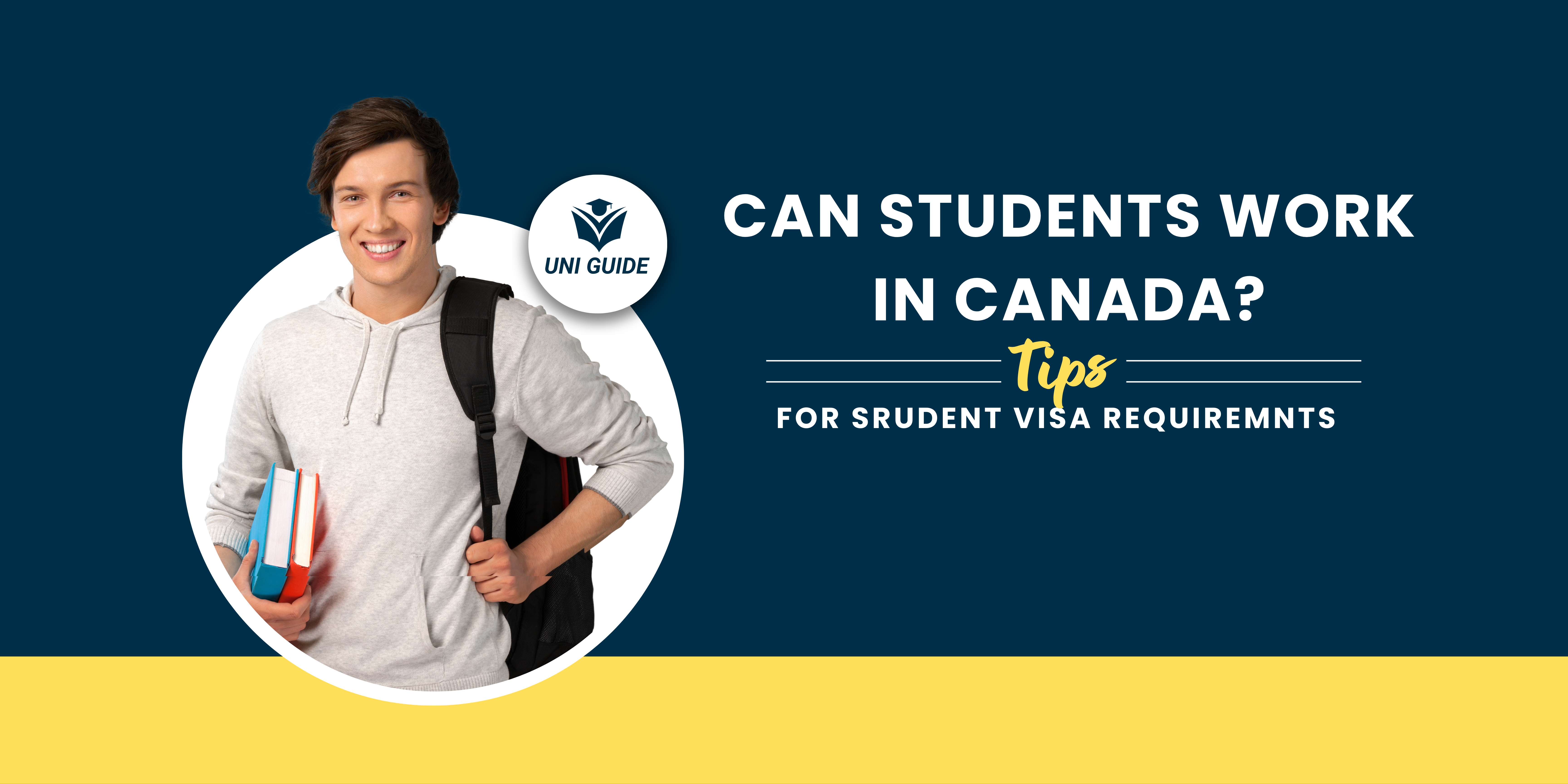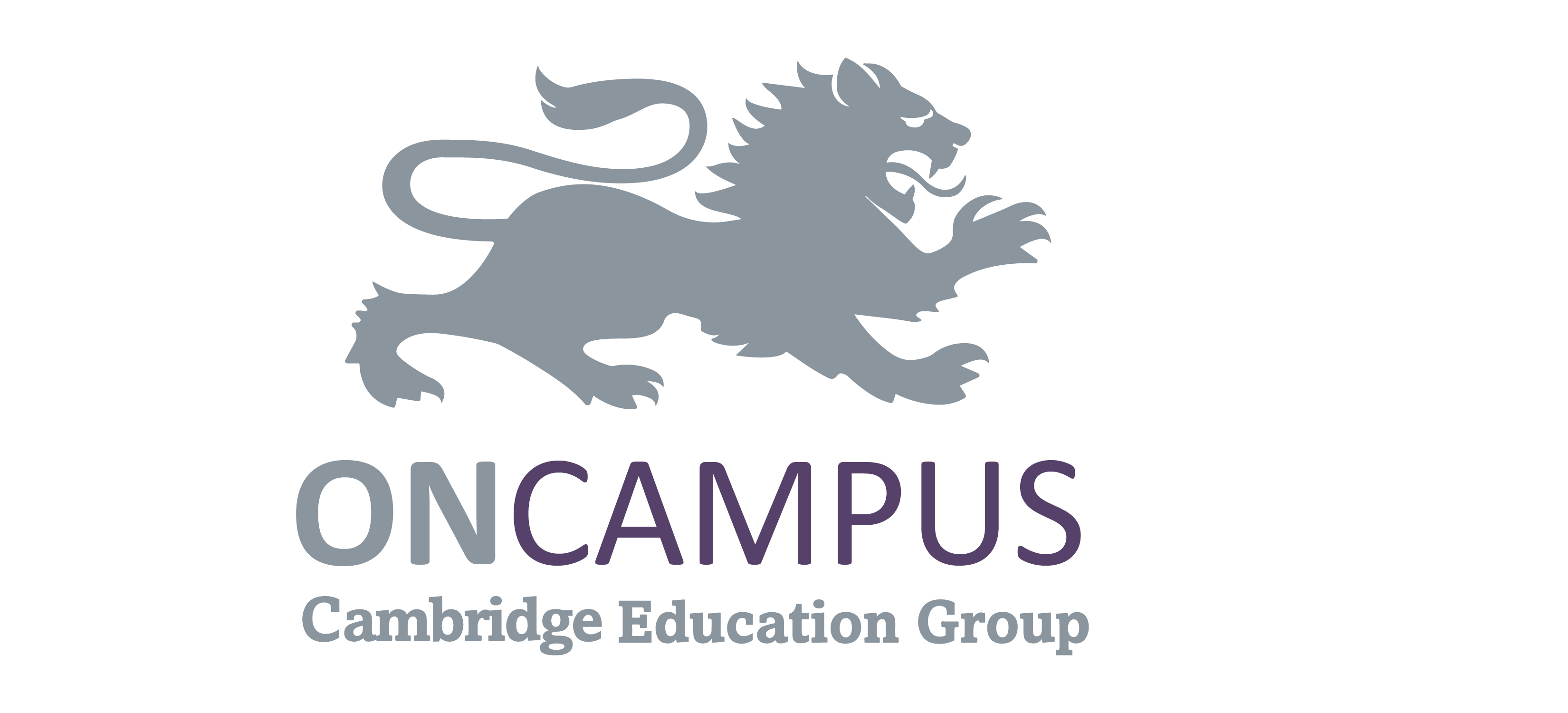- BY admin
- POSTED IN Blog, Canadian Study Visa
- WITH 0 COMMENTS
- PERMALINK
- STANDARD POST TYPE

Canada is a popular destination for international students who want to pursue higher education and gain valuable work experience. But can a student work in Canada while studying? What are the rules and benefits of working as a student in Canada? In this blog post, we will answer these questions and provide some bonus tips for finding a job in Canada.
Working on Campus
If a student work in Canada, he/ she must have a valid study permit for work on campus jobs at the institution where they are enrolled, without a work permit. This means you can work for your school, a faculty member, a student organization, or a private business located on campus. You can only start working on campus when your study program begins. You can’t work before your program’s start date.
To work on campus, you must meet the following conditions:
- You are a full-time student at a public post-secondary school, such as a college or university, or a CEGEP in Quebec
- You have a valid study permit
- You have a Social Insurance Number (SIN)
You can work as many hours as you want on campus, as long as you maintain your full-time student status.
Working off Campus
If you have a valid study permit, you can also work off-campus at any employer in Canada, without a work permit. However, you can only work up to 20 hours per week during regular academic sessions, and full-time during scheduled breaks, such as winter and summer holidays or spring break.
To work off-campus, you must meet the following conditions:
- You are a full-time student at a designated learning institution (DLI)
- You are enrolled in a post-secondary academic, vocational or professional training program or a secondary-level vocational training program in Quebec
- Your study program is at least six months long and leads to a degree, diploma or certificate
- You have a valid study permit
- You have a Social Insurance Number (SIN)
You can’t work off campus if you are:
- A visiting or exchange student
- Taking English or French as a second language (ESL/FSL) courses
- Taking general interest or preparatory courses
- Participating in the Canada-China Scholars’ Exchange Program, the Organization of American States Fellowships Program, or the Equal Opportunity Scholarship Program
Working as a Co-op Student or Intern
Some study programs require work experience as part of the curriculum. If you are enrolled in such a program, you can apply for a co-op or intern work permit to work for an employer related to your field of study. You can only start working as a co-op student or intern when your study program begins. You can’t work before your program’s start date.
To be eligible for a co-op or intern work permit, you must meet the following conditions:
- You have a valid study permit
- Your intended employment is an essential part of your program of study in Canada
- Your employment is certified as part of the academic program by a responsible academic official of the institution
- Your co-op or internship placement is 50% or less of the total program of study
- You have a letter from your school that confirms all students in your program need to complete work placements to get their degree
- You have a Social Insurance Number (SIN)
You can’t get a co-op or intern work permit if you are:
- Studying English or French as a second language (ESL/FSL)
- Taking general interest or preparatory courses
- Participating in the Canada-China Scholars’ Exchange Program, the Organization of American States Fellowships Program, or the Equal Opportunity Scholarship Program
Working after Graduation
If a student wants to stay and work in Canada after completing her studies, she may be eligible for the Post-Graduation Work Permit (PGWP) program. This program allows you to get an open work permit that lets you work for any employer in Canada for up to three years, depending on the length of your study program. An open work permit does not require a job offer or an employer-specific Labour Market Impact Assessment (LMIA).
To be eligible for the PGWP program, you must meet the following conditions:
- You have completed a full-time program of study that lasted at least eight months at a designated learning institution (DLI)
- You have graduated from one of the following types of institutions:
- Public post-secondary schools, such as a college or university
- A private post-secondary school that operates under the same rules as public schools
- A private secondary or post-secondary school that offers qualifying programs of 900 hours or longer, leading to a diploma, certificate or degree
- Canadian private school that can legally award degrees under provincial law
- You have a valid study permit when you apply for the work permit
- You apply for the work permit within 180 days of receiving written confirmation from your school that you have met the requirements of your program
- You have a Social Insurance Number (SIN)
You can’t get a PGWP if you are:
- A participant in the Government of Canada Awards Program funded by Global Affairs Canada (GAC)
- A participant in an apprenticeship program
- A participant in the Canada-China Scholars’ Exchange Program, the Organization of American States Fellowships Program, or the Equal Opportunity Scholarship Program
- A student who has previously been issued a PGWP
Bonus Tips for Finding a Job in Canada
Working while studying in Canada can help you gain valuable skills, experience and connections that can boost your career prospects. Here are some tips to help you find a job in Canada as an international student:
- Update your resume and cover letter to match Canadian standards and expectations. Use clear and concise language, highlight your relevant skills and achievements, and tailor your documents to each job you apply for.
- Use various job search tools and resources, such as online job boards, career fairs, networking events, social media platforms, and personal contacts. Research the employers and industries that interest you, and target your applications accordingly.
- Prepare for the interview process by researching the company and the role, practicing common interview questions, dressing professionally, and following up with a thank-you note. Be confident, courteous and enthusiastic during the interview, and showcase your skills and fit for the position.
- Know your rights and responsibilities as a worker in Canada. Familiarize yourself with the labour laws and standards in your province or territory, such as minimum wage, hours of work, overtime pay, vacation pay, sick leave, health and safety regulations, and human rights protections.
If you have any questions or concerns about your employment situation, Consult with Uni Guide and we will help you with the visa and admission.








































